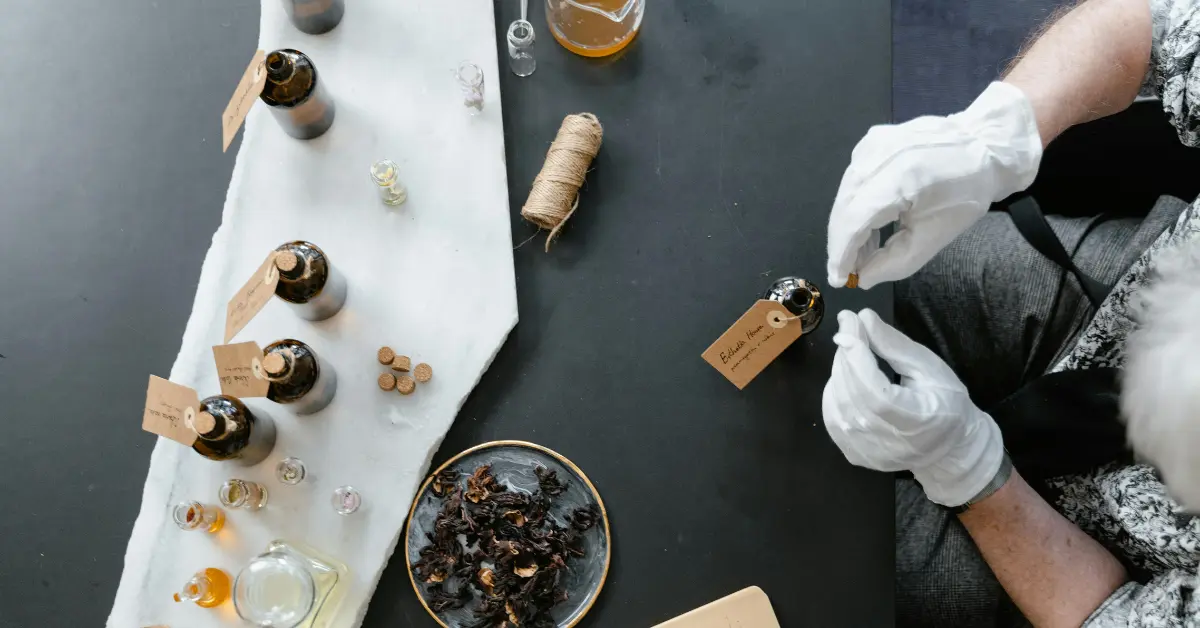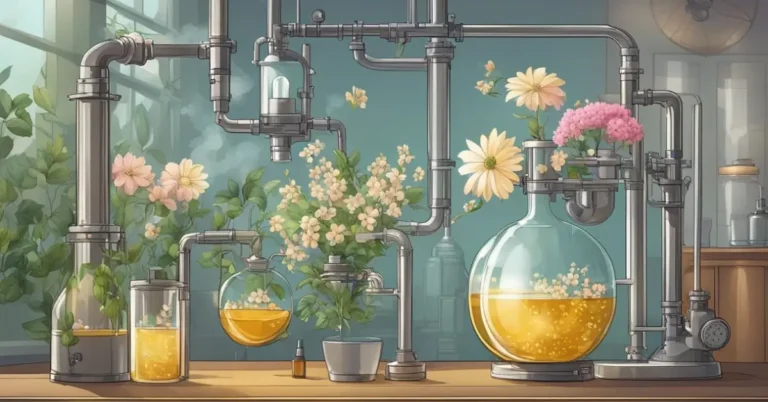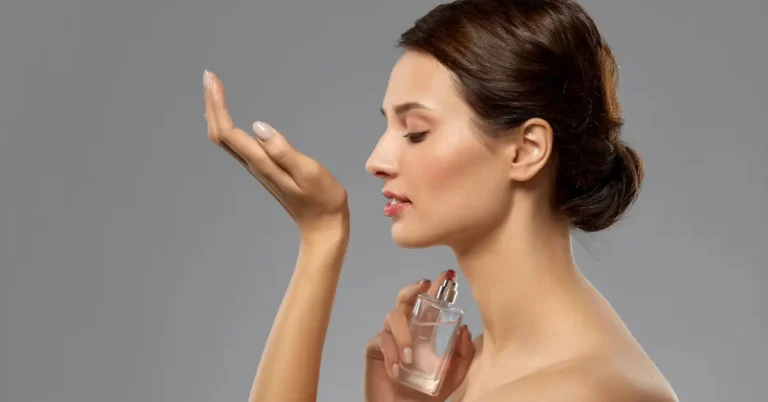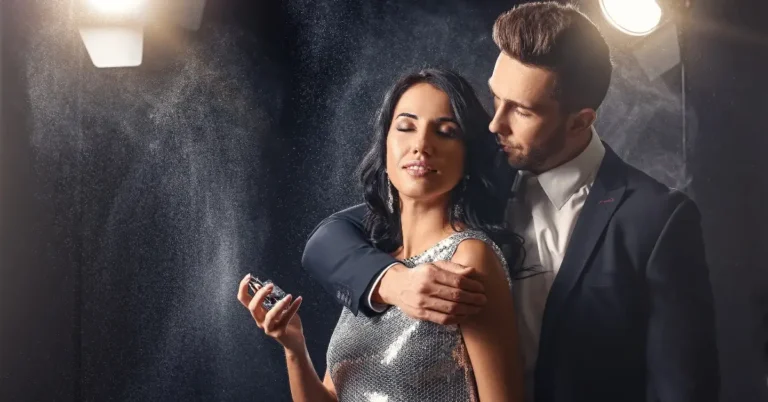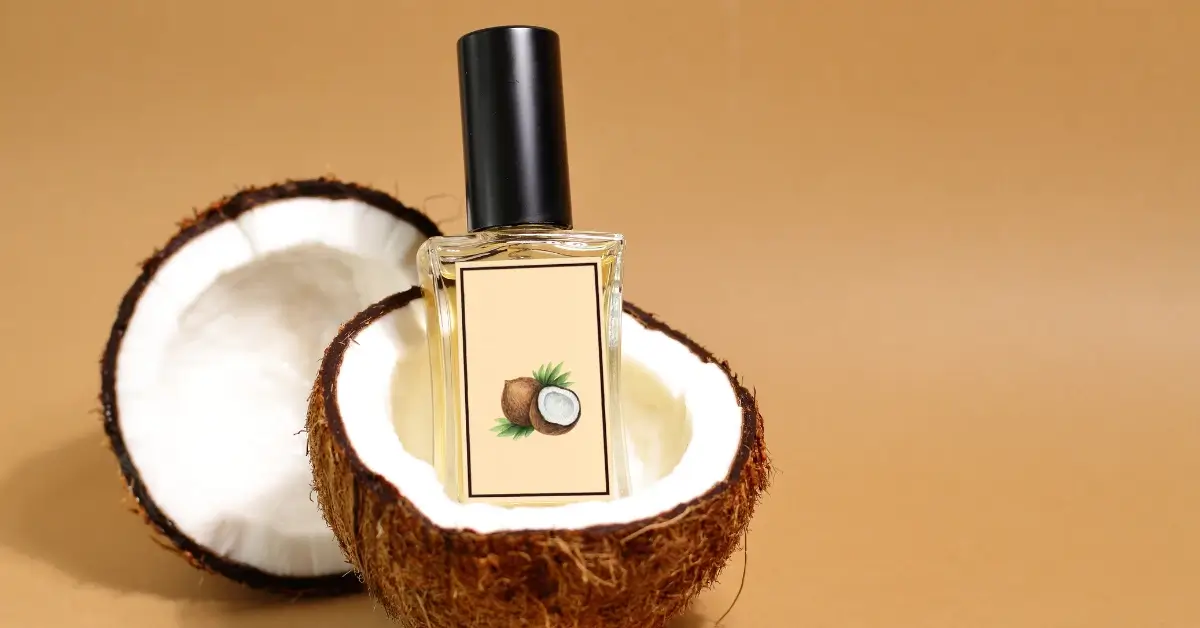Is your perfume not *strong* enough for your liking? Ready to discover the full potential of your fragrance? Learn all about macerating perfume for a richer, longer-lasting scent!
Understanding how to macerate Perfume
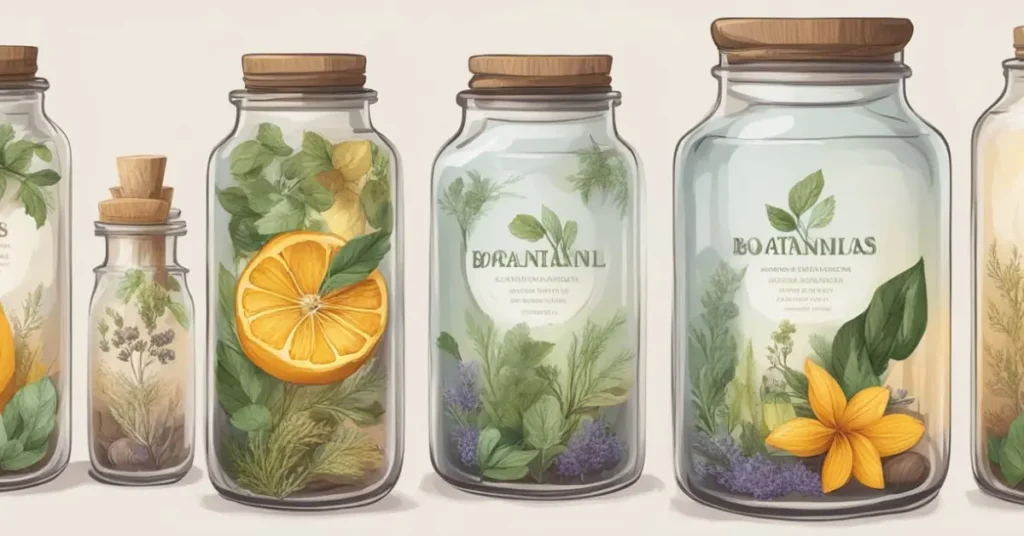
Perfume maceration is a transformative process you’ll want to know about to unlock the full potential of your fragrances. Let’s explore how it enhances your scent experience.
The Basics of Perfume Maceration
What it Is: Maceration is like the fermenting process for wine, but for your perfumes. It’s about letting your fragrance age gracefully to achieve a more complex, profound aroma. When you first purchase a perfume, the oils and alcohol have not yet fully bonded. The act of macerating involves allowing these components to mingle over time, which can drastically change and often improve the scent profile.
How to Start: Begin by spraying your perfume several times in the air or on yourself right after unboxing. This action introduces oxygen to the mix, kickstarting the maceration process. Once you’ve done this, it’s vital to store the fragrance in a cool, dark place. Exposure to heat and light can damage the perfume’s delicate structure, so tucking it away in a cabinet or drawer is ideal.
Importance of Maceration in Perfumery
Enhanced Scent Quality: As a perfume macerates, its aroma becomes more rounded and harmonious. Components that may appear strong and abrasive initially can soften, and subtler notes have time to surface and assert themselves in the fragrance composition. In short, maceration can transform a good fragrance into a great one.
Development of Unique Characteristics: Each perfume responds to maceration differently, so the process can largely be about discovering the unique journey your specific fragrance takes. Over time, individual ingredients merge, and their reaction creates a unique scent profile that’s richer and more personalized, making the wait well worth it.
The Maceration Process
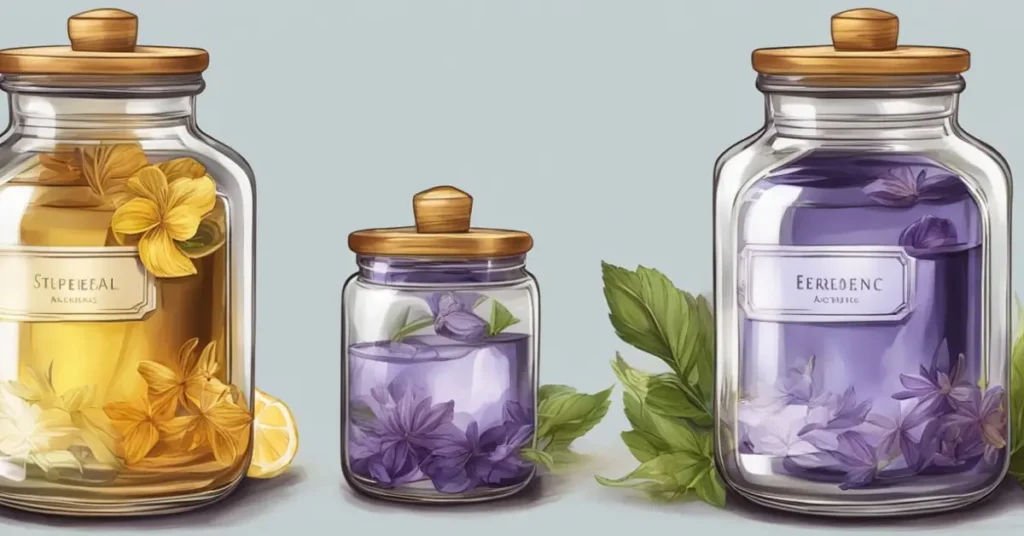
Maceration is a crucial step to elevate your perfume’s quality, helping to blend and mature the fragrance to its full potential. Let’s dive into the intricacies of the process with unbridled enthusiasm.
Gathering Materials and Ingredients
How to Macerate Perfume? To embark on perfume maceration, you’ll need your fragrance oil blend, high-quality alcohol, and some patience. Opt for dark glass bottles to prevent light from affecting the scent. Ensure you have a cool, dark storage space ready to house your concoction for the upcoming weeks or months.
Steps for Macerating Perfume
1. Combine: Mix your perfume oils with alcohol in the glass bottle.
2. Rest: Seal the mixture and store it away from light and heat.
3. Agitate: Occasionally, give the bottle a gentle shake to mix the ingredients.
By following these steps, you encourage your perfume to develop a more harmonious and nuanced aroma over time.
Monitoring the Maceration Period
Keep an eye on your perfume through its maceration journey. The time can range from a few weeks to several months, so patience is key. The longer the perfume macerates, the more intricate the scent can become. Monitor your fragrance’s progression by noting any changes in its bouquet or character.
Finishing Touches: Filtering and Bottling
Once your perfume has matured, it’s time to put on the finishing touches. Carefully filter out any sediment to ensure a clear liquid. Then, transfer the perfume into its final bottle, which should be clean and attractive, ready for regular use or to be proudly displayed on your vanity.
Tips and Techniques for Enhanced Maceration
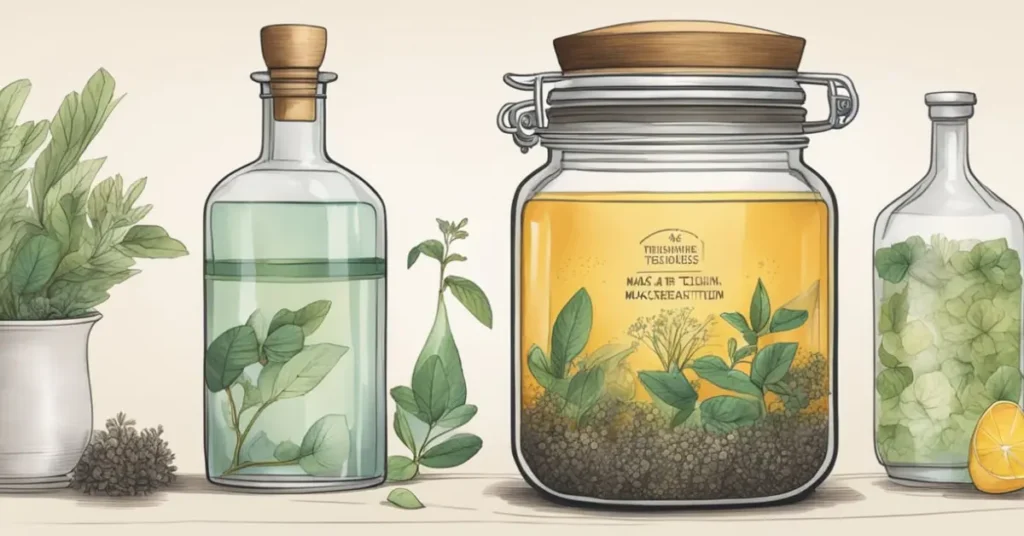
Macerating your perfume is akin to fine wine aging in a cellar; the process can dramatically enrich your scent’s complexity and longevity. Let’s dive into optimizing the core elements that can elevate your fragrance during its maturation phase.
Optimizing Ingredient Ratios
To ensure your perfume reaches its aromatic peak, it’s crucial to fine-tune the balance of essential oils to alcohol. Aim for a ratio that allows the notes to mingle, yet prevents any single scent from becoming overpowering. For example, a starting point recommended by experts involves a mixture of approximately 15-30% perfume oils to 70-85% alcohol.
Temperature and Environment Controls
The maturity of your fragrance also hinges on its storage conditions. Ideal maceration occurs in a consistently cool, dark environment—away from sunlight and temperature fluctuations. This protects the volatile compounds in your perfume from degrading. Remember, a temperature around 15–20°C (59–68°F) is generally best for most perfumes.
Long-Term Storage and Aging Considerations
As your perfume macerates, remember that patience is your ally. For those opting for long-term aging, consider storing your fragrance in a tinted glass bottle to prevent light from altering the scent profile. Moreover, the length of aging can vary, with some perfumes benefiting from several weeks to others requiring up to a year to fully mature, depending on their composition.
If you liked this blog post about the topic: How to Macerate Perfume, don’t forget to leave us a comment down below to tell us about your experience with it.

